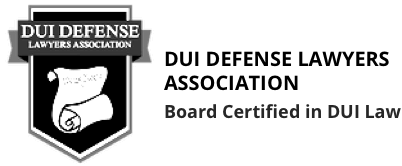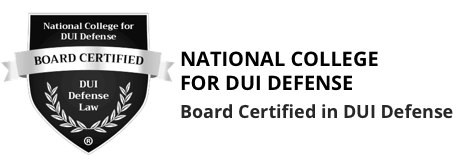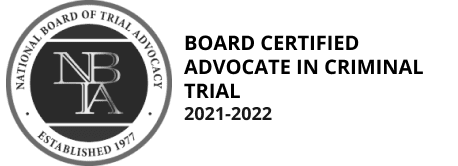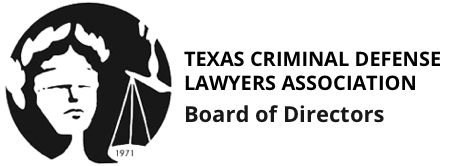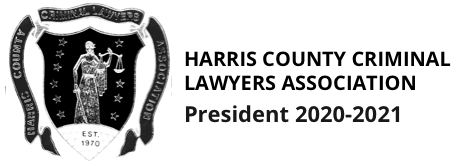TEXAS PENAL CODE § 22.01
Sec. 22.01. ASSAULT.
(a) A person commits an offense if the person:
(1) intentionally, knowingly, or recklessly causes bodily injury to another, including the person’s spouse;
(2) intentionally or knowingly threatens another with imminent bodily injury, including the person’s spouse; or
(3) intentionally or knowingly causes physical contact with another when the person knows or should reasonably believe that the other will regard the contact as offensive or provocative.
(b) An offense under Subsection (a)(1) is a Class A misdemeanor, except that the offense is a felony of the third degree if the offense is committed against:
(1) a person the actor knows is a public servant while the public servant is lawfully discharging an official duty, or in retaliation or on account of an exercise of official power or performance of an official duty as a public servant;
(2) a person whose relationship to or association with the defendant is described by Section 71.0021(b), 71.003, or 71.005, Family Code, if:
(A) it is shown on the trial of the offense that the defendant has been previously convicted of an offense under this chapter, Chapter 19, or Section 20.03, 20.04, 21.11, or 25.11 against a person whose relationship to or association with the defendant is described by Section 71.0021(b), 71.003, or 71.005, Family Code; or
(B) the offense is committed by intentionally, knowingly, or recklessly impeding the normal breathing or circulation of the blood of the person by applying pressure to the person’s throat or neck or by blocking the person’s nose or mouth;
(3) a person who contracts with government to perform a service in a facility as defined by Section 1.07(a)(14), Penal Code, or Section 51.02(13) or (14), Family Code, or an employee of that person:
(A) while the person or employee is engaged in performing a service within the scope of the contract, if the actor knows the person or employee is authorized by government to provide the service; or
(B) in retaliation for or on account of the person’s or employee’s performance of a service within the scope of the contract;
(4) a person the actor knows is a security officer while the officer is performing a duty as a security officer; or
(5) a person the actor knows is emergency services personnel while the person is providing emergency services.
(b-1) Notwithstanding Subsection (b)(2), an offense under Subsection (a)(1) is a felony of the second degree if:
(1) the offense is committed against a person whose relationship to or association with the defendant is described by Section 71.0021(b), 71.003, or 71.005, Family Code;
(2) it is shown on the trial of the offense that the defendant has been previously convicted of an offense under this chapter, Chapter 19, or Section 20.03, 20.04, or 21.11 against a person whose relationship to or association with the defendant is described by Section 71.0021(b), 71.003, or 71.005, Family Code; and
(3) the offense is committed by intentionally, knowingly, or recklessly impeding the normal breathing or circulation of the blood of the person by applying pressure to the person’s throat or neck or by blocking the person’s nose or mouth.
(c) An offense under Subsection (a)(2) or (3) is a Class C misdemeanor, except that the offense is:
(1) a Class A misdemeanor if the offense is committed under Subsection (a)(3) against an elderly individual or disabled individual, as those terms are defined by Section 22.04; or
(2) a Class B misdemeanor if the offense is committed by a person who is not a sports participant against a person the actor knows is a sports participant either:
(A) while the participant is performing duties or responsibilities in the participant’s capacity as a sports participant; or
(B) in retaliation for or on account of the participant’s performance of a duty or responsibility within the participant’s capacity as a sports participant.
(d) For purposes of Subsection (b), the actor is presumed to have known the person assaulted was a public servant, a security officer, or emergency services personnel if the person was wearing a distinctive uniform or badge indicating the person’s employment as a public servant or status as a security officer or emergency services personnel.
(e) In this section:
(1) “Emergency services personnel” includes firefighters, emergency medical services personnel as defined by Section 773.003, Health and Safety Code, emergency room personnel, and other individuals who, in the course and scope of employment or as a volunteer, provide services for the benefit of the general public during emergency situations.
(3) “Security officer” means a commissioned security officer as defined by Section 1702.002, Occupations Code, or a noncommissioned security officer registered under Section 1702.221, Occupations Code.
(4) “Sports participant” means a person who participates in any official capacity with respect to an interscholastic, intercollegiate, or other organized amateur or professional athletic competition and includes an athlete, referee, umpire, linesman, coach, instructor, administrator, or staff member.
(f) For the purposes of Subsections (b)(2)(A) and (b-1)(2):
(1) a defendant has been previously convicted of an offense listed in those subsections committed against a person whose relationship to or association with the defendant is described by Section 71.0021(b), 71.003, or 71.005, Family Code, if the defendant was adjudged guilty of the offense or entered a plea of guilty or nolo contendere in return for a grant of deferred adjudication, regardless of whether the sentence for the offense was ever imposed or whether the sentence was probated and the defendant was subsequently discharged from community supervision; and
(2) a conviction under the laws of another state for an offense containing elements that are substantially similar to the elements of an offense listed in those subsections is a conviction of the offense listed.
(g) If conduct constituting an offense under this section also constitutes an offense under another section of this code, the actor may be prosecuted under either section or both sections.
NOTE: This information is not legal advice. It is provided for educational use only. If you’ve been forced to take a blood test in Texas, contact the lawyer who can help. Call Mark Thiessen at 713-864-9000, or fill out a briefcase evaluation form.

